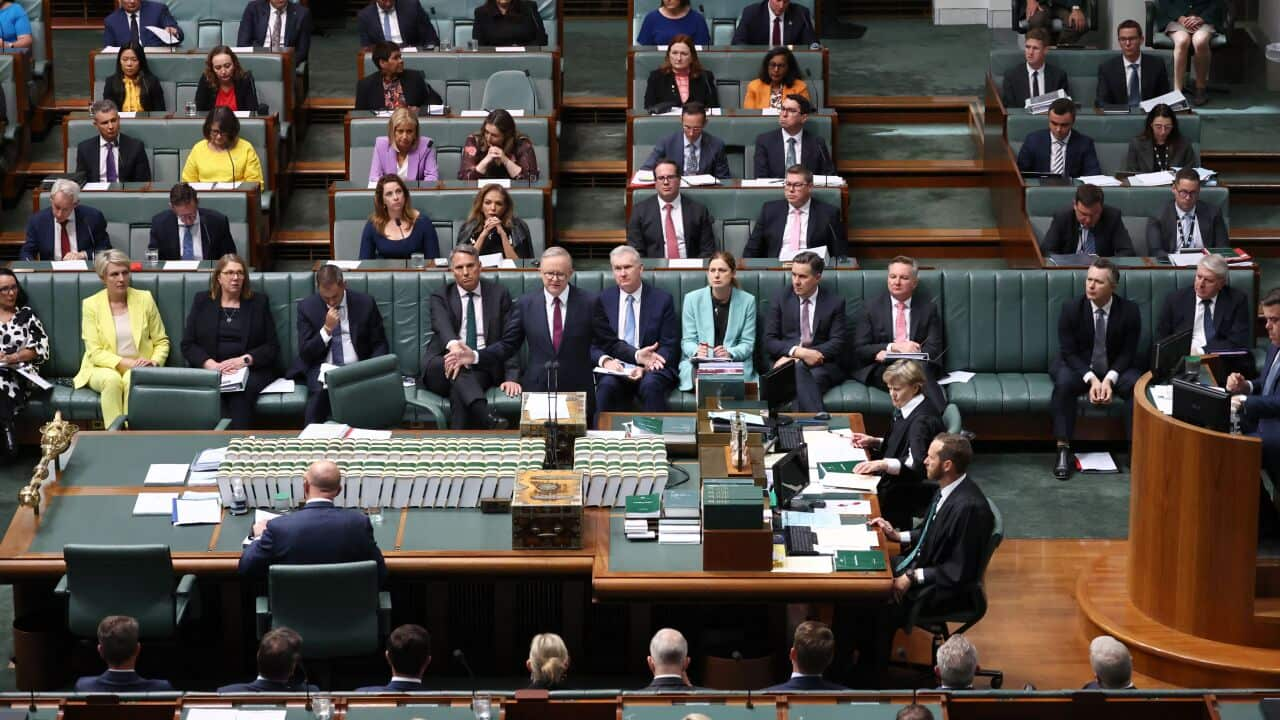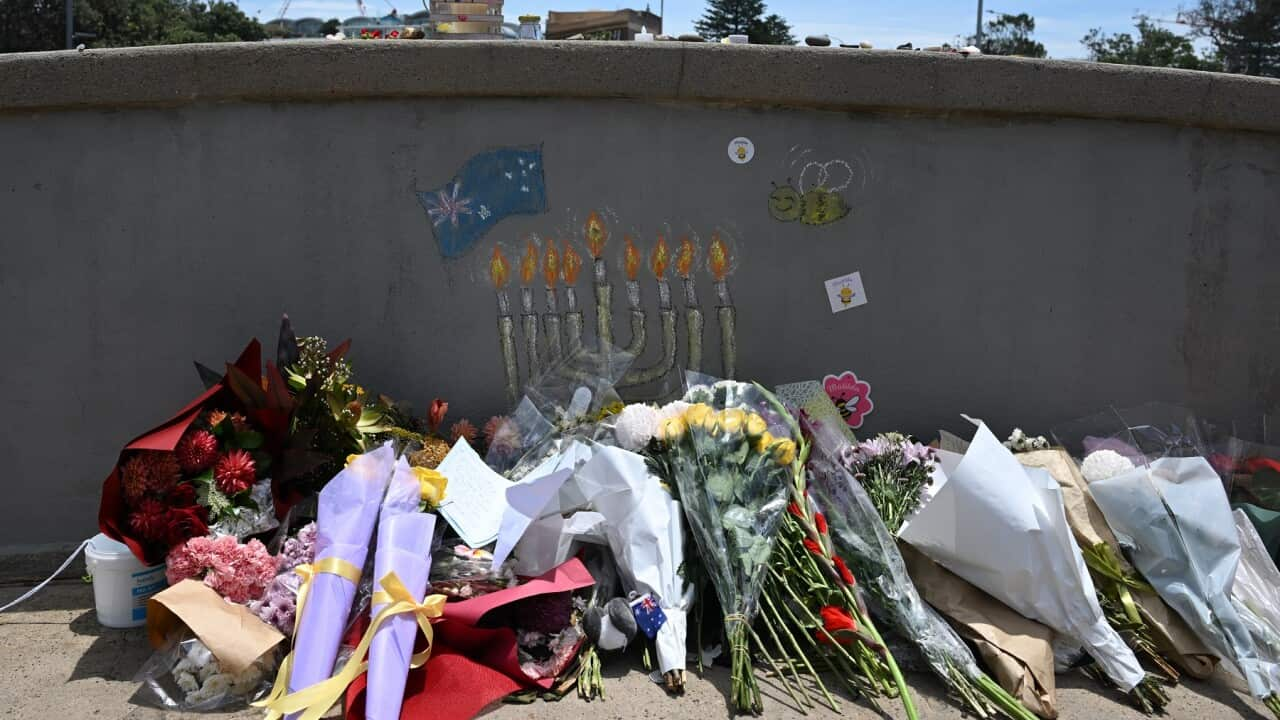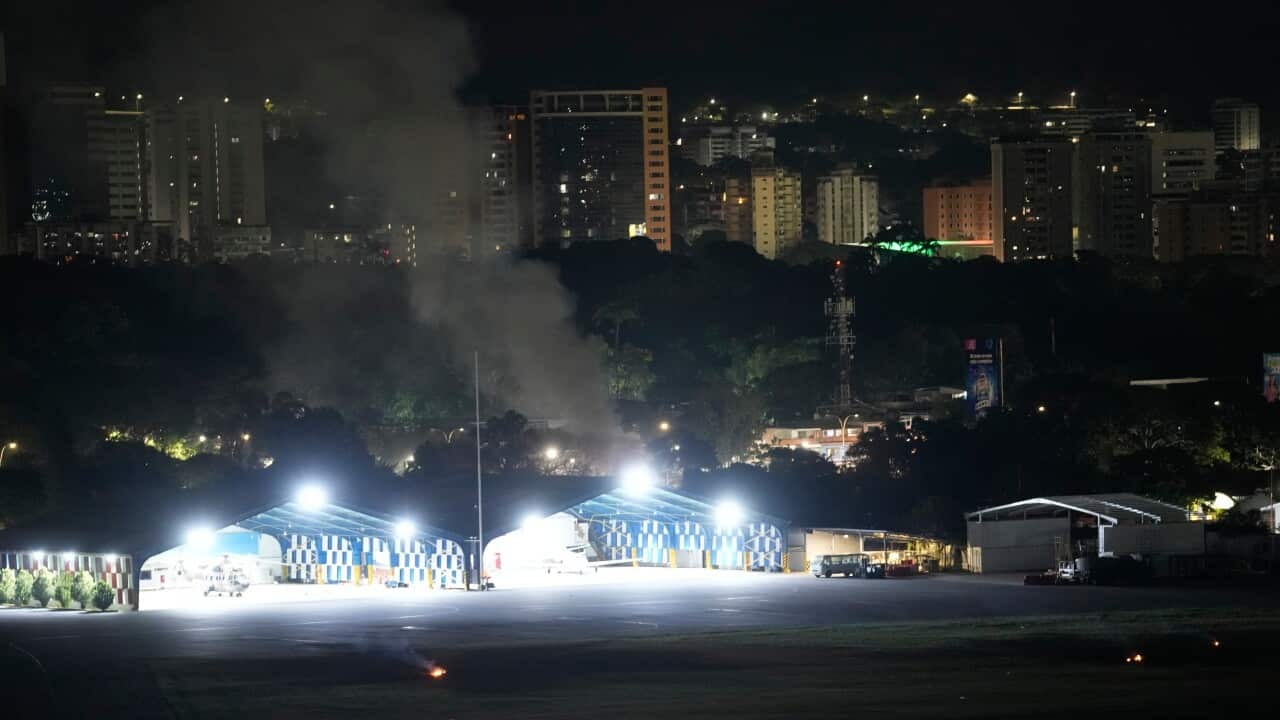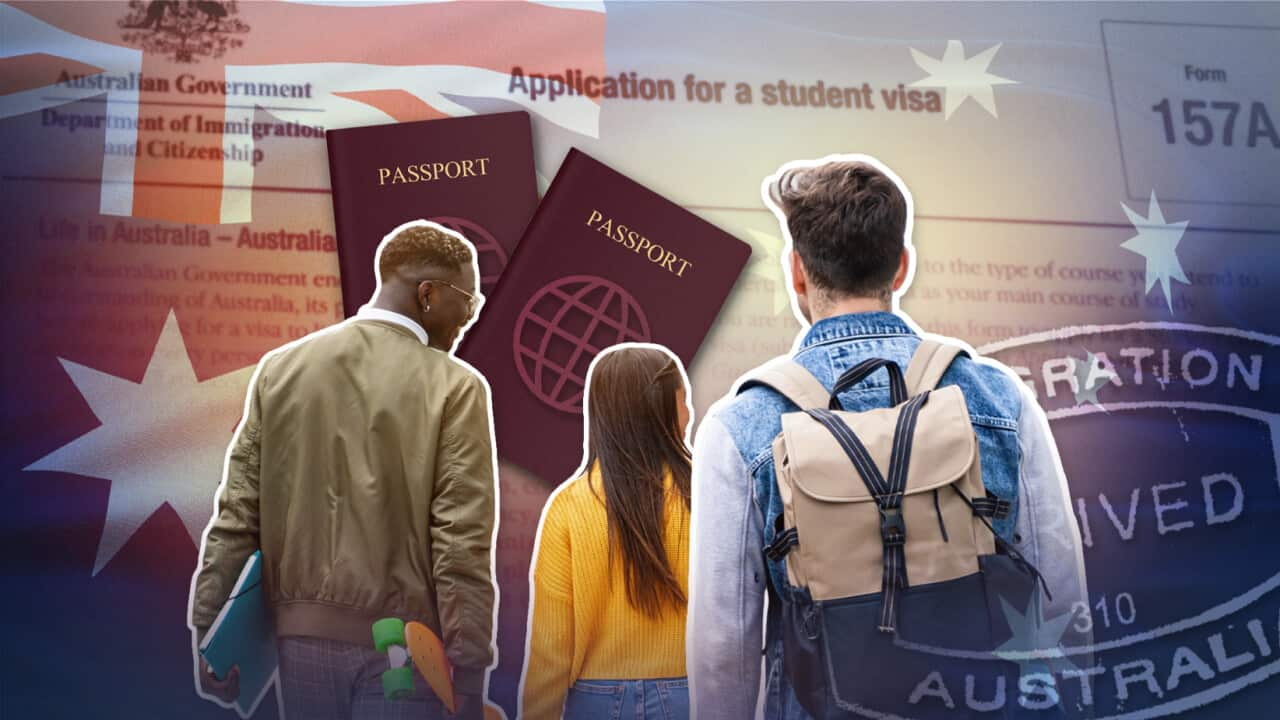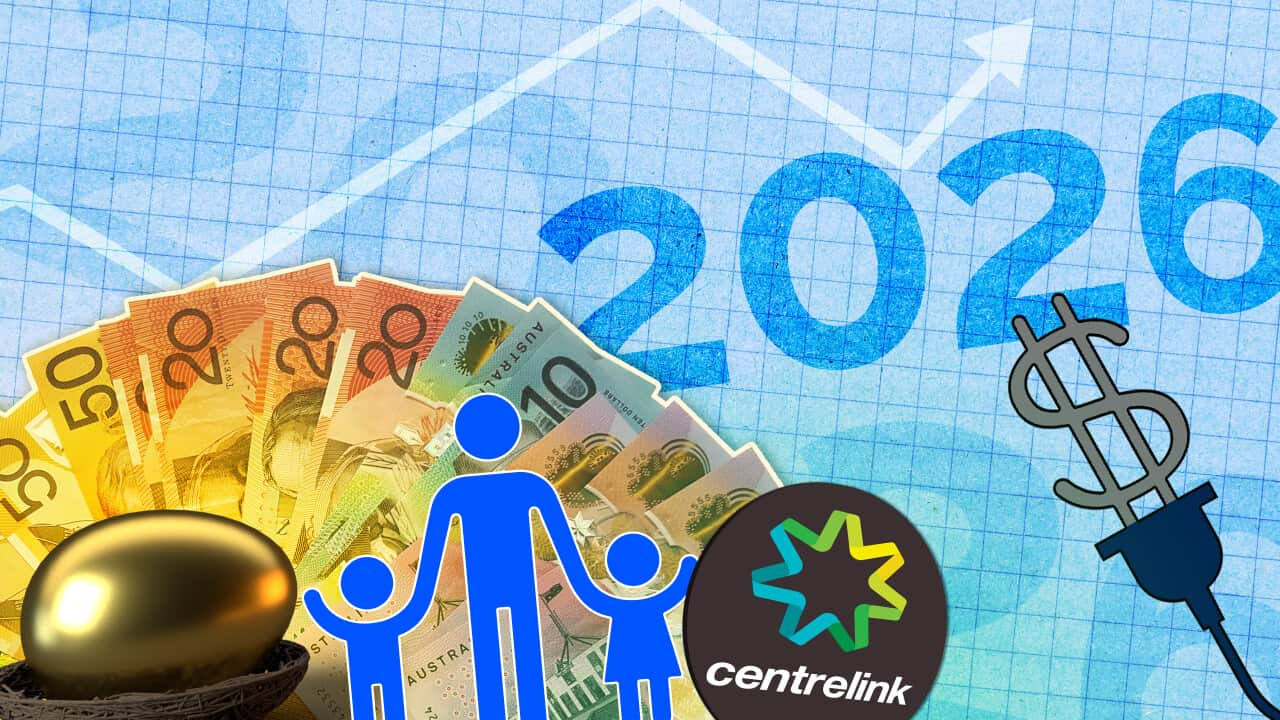TRANSCRIPT
Fewer and fewer Australians are finding themselves satisfied with the political system.
Historically, Australia has stood among the highest countries in the world in terms of political confidence.
Fifteen years ago, almost a quarter of Australians said they were very satisfied with the system.
But Australian National University [[A-N-U]] researchers say that figure is now below fifteen percent.
Co-author of the study Professor Nicholas Biddle says education and income are correlated to confidence levels in democracy.
"Where there are really large differences are those with relatively low levels of education are far less satisfied with democracy, those with relatively low levels of incomes. We did look at the perceptions of Australia's income distribution and how that relates to.. kind of democratic attitudes and here we have far more people think that the economic distribution is unfair compared to who think it is fair, and a slight increase in perceptions of unfairness over the last couple of years and also that those perceptions are very closely related to those kind of views on democracy"
The report finds that people who had not completed year 12 show the lowest levels of confidence in the democratic process with only 67.5 per cent saying they are fairly or very satisfied.
Whereas four in five Australians with a university degree report that they are satisfied, with that confidence slightly dropping again amongst those with a postgraduate degree.
This year alone, confidence in our government dropped from around 51 per cent to 48 per cent between January and April, falling again to just under 44 per cent by August.
In September, United Nations secretary general Antonio Guterres told reporters that democracies must address the challenges to peoples trust in them.
"Even in democratic countries.. because of misinformation, hate speech, polarisation and many other aspects. We are seeing our democracy can be undermined from inside and so these are two main concerns that we have and I believe it's extremely important to fight those that are abusing their authority to limit democracy but also to address the root causes of the loss of trust."
Contributing factors such as the pandemic made significant impacts on confidence, with research completed by The Grattan Institute finding those with lower incomes were disproportionately impacted during the pandemic.
Professor Biddle says government response to the pandemic saw confidence wane.
"I mean Covid-19 was one of the biggest shocks that we've experienced and the way in which government responded to those shocks certainly explains some of those differences. And we can see that in, kind of when we look through time in Australia as well, so early on in the pandemic when infection rates were low and most of the public health measures were seen to be effective then confidence in government was quite high. But as soon as there was kind of an indication that in terms of the vaccine roll out and that aspect of the policy response to COVID-19, as soon as there was evidence that the government hadn't handled that very well, then that confidence kind of dried up."
The decline puts Australia behind its Indo-Pacific neighbours, now ranking fourth behind Vietnam, Cambodia and Taiwan.
Researchers say Australian citizens born overseas show higher levels of satisfaction compared to their Australian born counterparts.
And while Professor Biddle says this data warns that the nation must avoid complacency, he also says the levels of satisfaction remain reasonably stable and support for non-democratic systems is also lowering.
"The extent to which people held what you might call anti-democratic views, there there's much more positive news. So relative to the region, Australians are far less likely to think we should get rid of parliament, that we should only have one political party, that the army or military should govern and that we should get rid of elections. And also through time Australians appear less likely to kind of support anti-democratic attitudes. so that's kind of a positive story."
The study's findings were sourced from the ANU Australian Electoral Study, the Asian Barometer Survey and ANUPoll, a series of three polls conducted by ANU every year.
